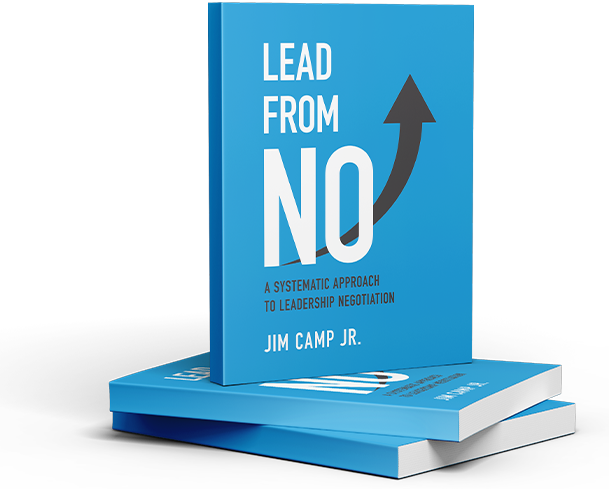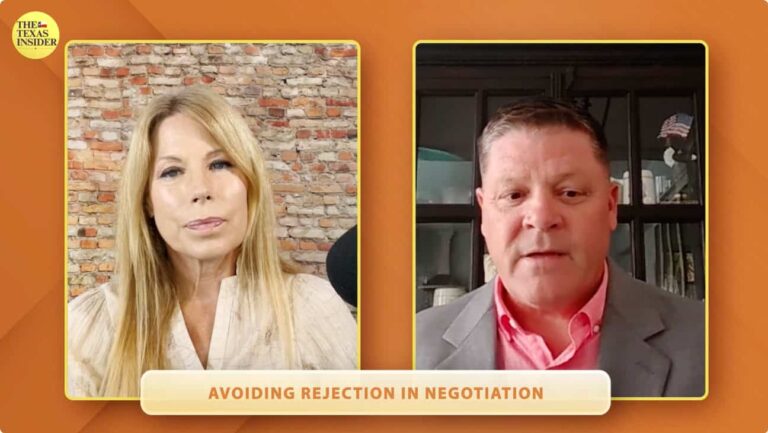We coach business owners and executives that your reputation is a negotiator’s most valuable asset. Based on your reputation, people project what you will do or might do.
Your reputation is what people think is true about you. It includes your beliefs, strengths, and weaknesses. Our job is to help you become an effective and efficient negotiator. For many, this enhances their sense of professionalism and calmness in difficult situations.
To become a professional negotiator, you must strive for emotional neutrality throughout the entire process. You will not be surprised when contentious issues arise. You will further recognize that the negotiation is never over, even after the agreements are signed.
When your respected opponent gets upset, do not say that their problem is not your problem. Always remember that neither side negotiates effectively from a state of heightened emotions. You cannot control anyone’s emotions, but you can manage your response to them. This includes the ability to recognize when to take a break and let the emotions cool down.
Think Long Term
Remember that you are driving for decisions that are long-term, not decisions that will quickly reverse after the negotiation. Taking advantage of your opponent’s excitement to close the deal is not in your interest if they later decide to back out of the deal.
Effective negotiators understand that in successful agreements:
- you provide what your respected opponent wants,
- in the way your opponent wants it delivered,
- under conditions that are acceptable to you.
To do this, you need a clear vision of what you can deliver. You must understand how your solution will solve your respected opponents’ problem that they cannot (or chose not to) solve on their own.
It’s not reasonable to expect them to see the value of your solution until you see it for yourself. Before you ‘build vision’ for them to see your solution’s value, you must have a clear vision of how it helps them.
1) Discover the Pain
Negotiation is a process of discovery.
Your goal is to discover the nature of their pain: the problem that your respected opponent cannot solve on their own.
You want a clear picture of what is out of your respected opponent’s control that they want to bring into control. This is what they want from you and why they agreed to speak with you in the first place.
2) Can You Help? Do You Want to Help?
Once you discover their real problem, you can decide if you can help them solve their problem. If you are capable, then you need to decide if you want to help them under conditions that are acceptable to you.
3) Build Vision:
No Vision, No Decision
If you decide that you can and want to help your respected opponent, your job is to help them see your solution’s value. This is so they can decide if you can help them get their problem under control. If you cannot build a vision for your opponent, they will not see the value of your solution to them. They will likely decide that your recommendation is not for them.
4) If They Want Your Solution
If they decide to work with you based on their vision of your solution, they will ask you about the terms you require to deliver your solution. There is no need for you to ask them if your solution or offer is acceptable. Instead, wait for them to request it from you.
It is important first to build a vision that allows your respected opponent to see your solution’s full power. Why? It helps your respected opponent make the emotional decision to work with you.
Once this emotional decision is made, then the details of the offer can be presented and negotiated.
When your respected opponent first makes an emotional decision for your offering, they will seek to apply logic to justify their decision.
If you do not build the vision that leads to an emotional decision they make on their own, then your respected opponent will use logic to reject or, at the very least, find objections to challenge your offer. These rejections are made because they regard your solution as your idea and not one that they have emotionally taken as their own.
It’s important to create vision with integrity and not use leverage or manipulation because this will damage your reputation. Effective negotiators are ethical, moral, operate within the law, and control their emotions.
Your reputation is a negotiator’s most valuable asset. Important decisions and agreements that last over time support your reputation and the willingness of people to work with you.
Updated from October 2020





